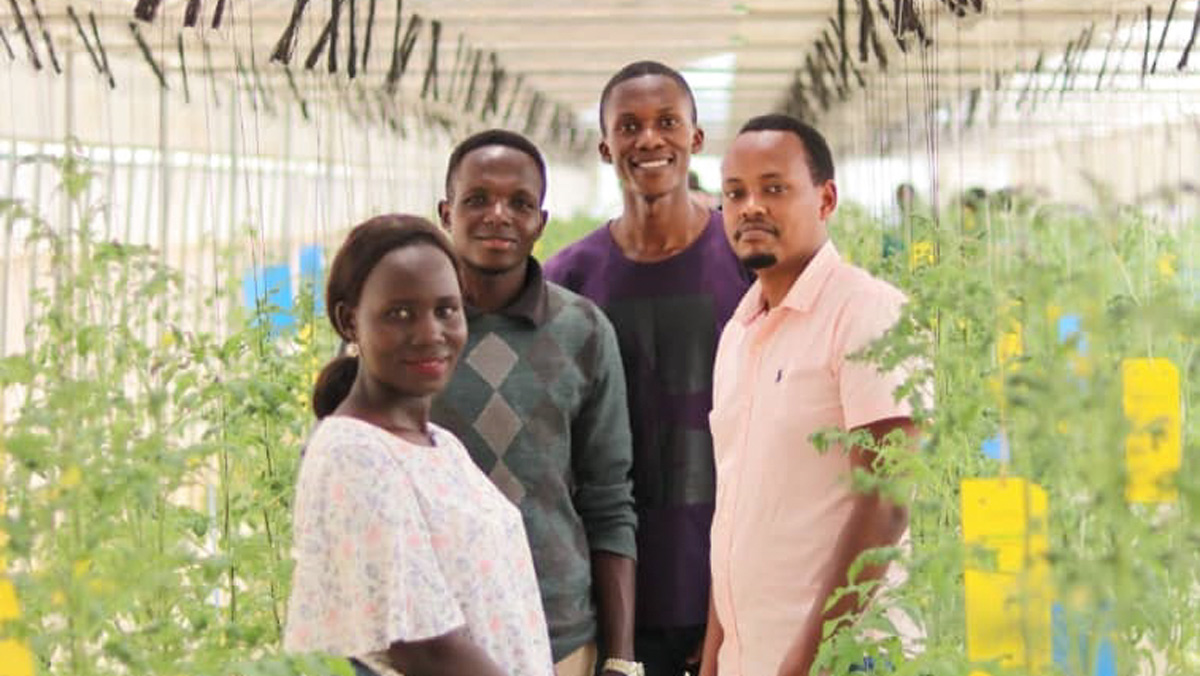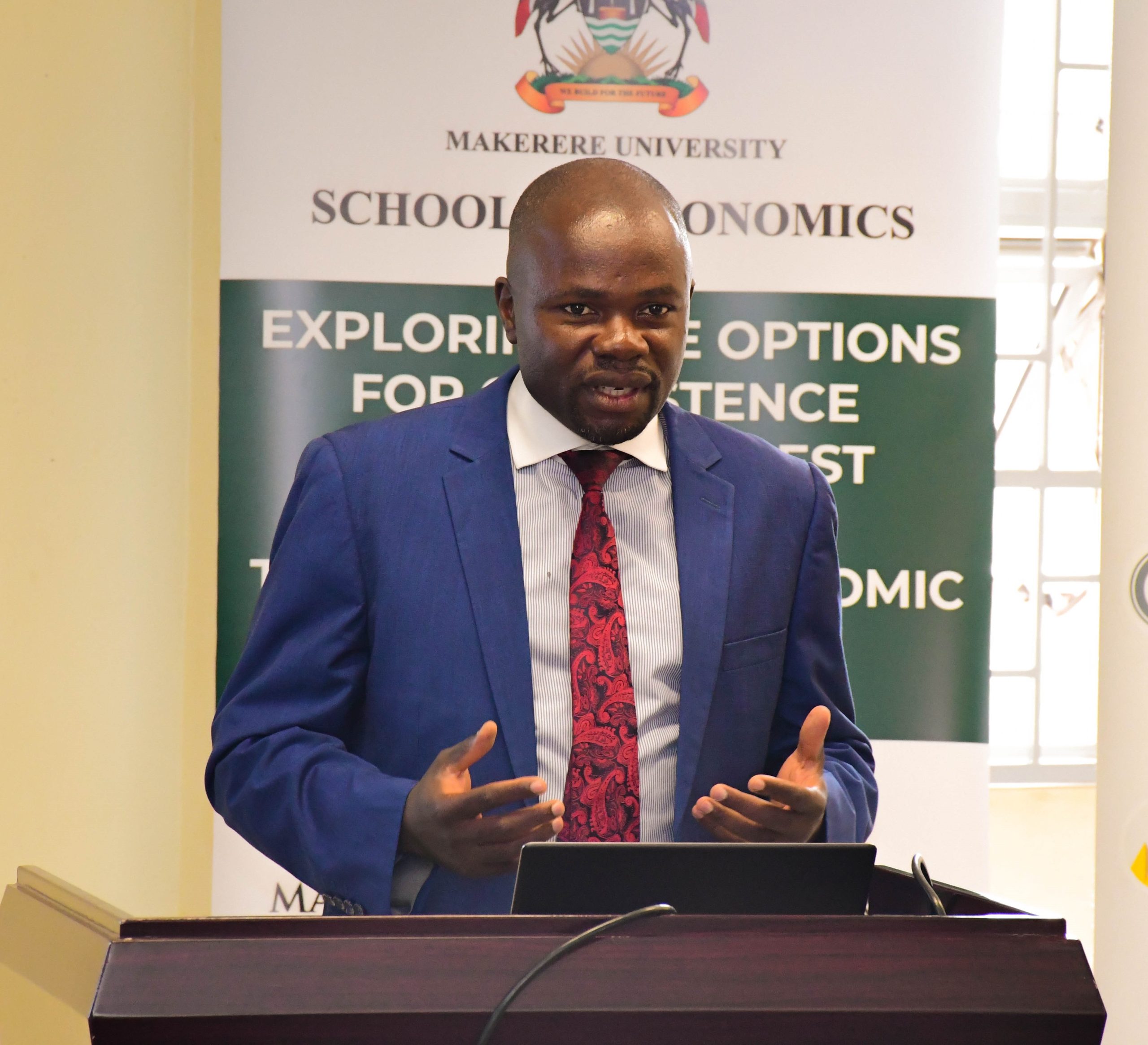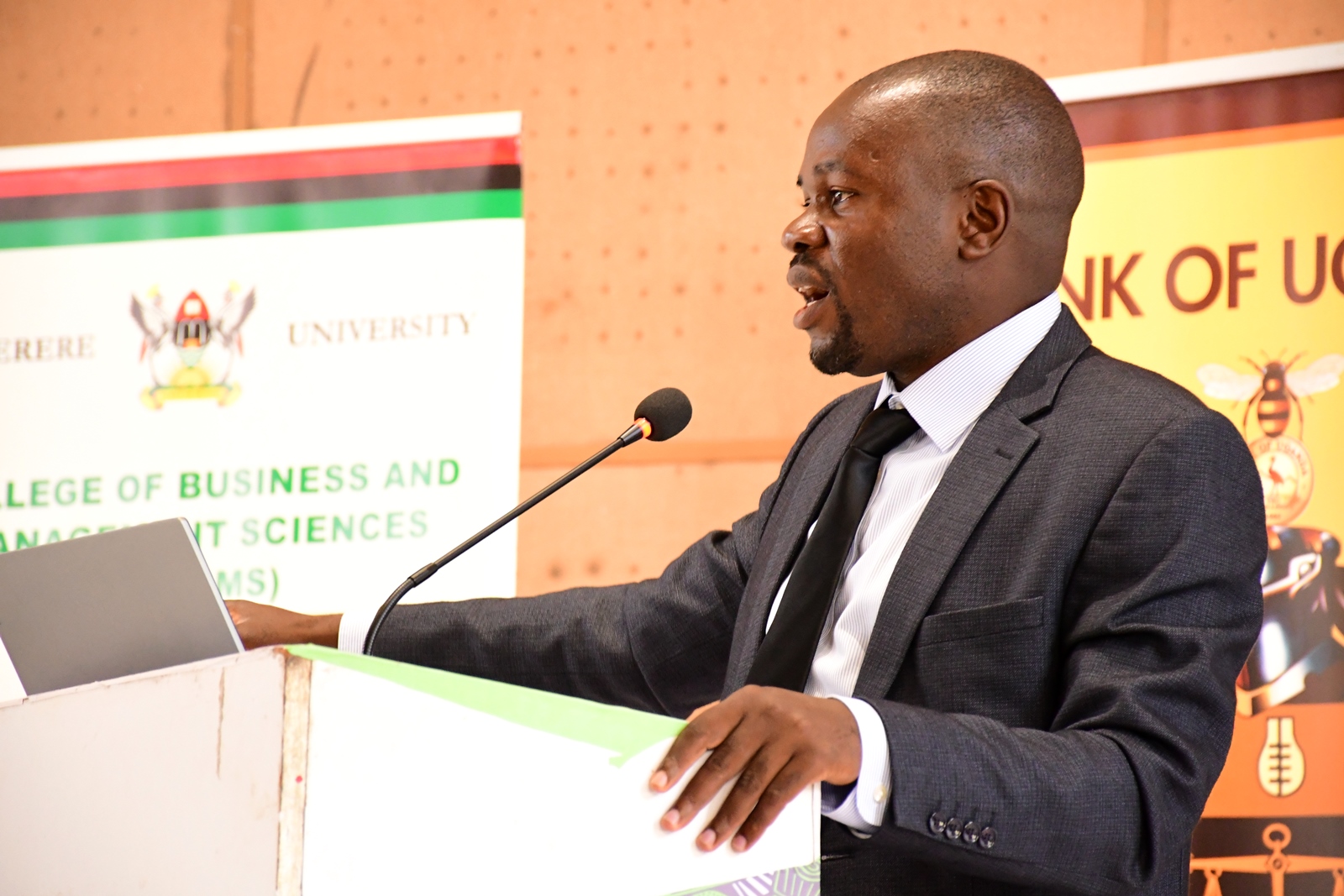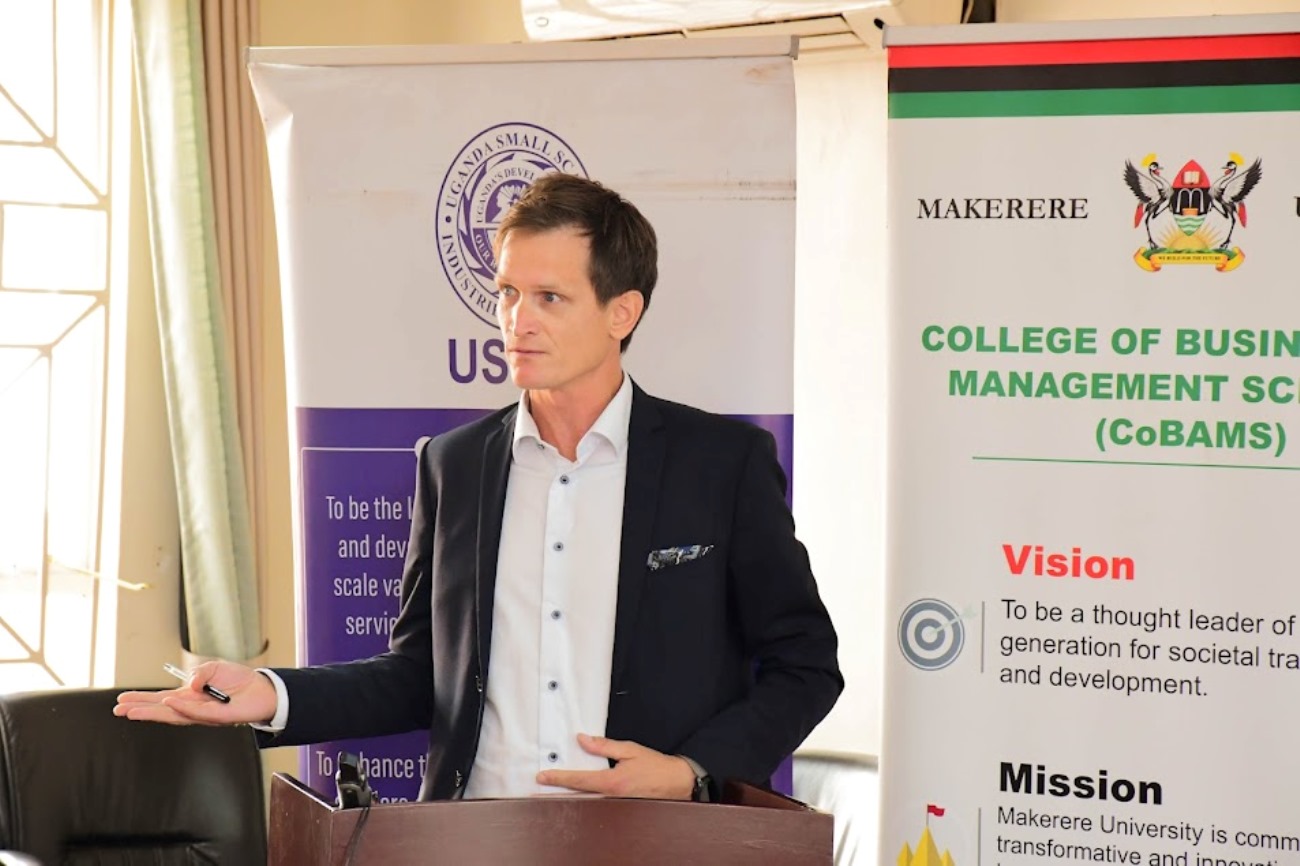Four student teams from across East Africa have won a competition seeking innovative solutions to address food-related challenges.
The United Nations World Food Programme (WFP) Innovation Hub for Eastern Africa partnered with the Technical University of Denmark’s DTU Skylab FoodLab, the Hult Prize Foundation and the Ministry of Danish Affairs to launch the first NextGen East African Innovators Programme.
Nine teams of student innovators from Kenya, Sudan, Ethiopia, Uganda and Rwanda were selected out of 156 applicants to participate in a virtual bootcamp to further develop their concepts and take part in a culminating pitch competition on 18 March 2021.
Students had the opportunity to work with qualified facilitators and experts to improve their skills in areas such as value proposition, sustainable business development, pitching and fine-tuning their venture concepts.
Four winning teams were selected at the pitch event to take part in a part-virtual, part-in-person programme with the DTU Skylab FoodLab, which is the food systems change lab of the Technical University of Denmark´s innovation hub. The teams are from Ethiopia, Uganda and two from Kenya. One of the Kenyan teams is made up of refugees based in Kakuma who are originally from South Sudan and the Democratic Republic of Congo.
Participants in the programme will receive virtual mentoring and take part in inspirational lectures in preparation for a month-long trip to DTU focusing on intensive prototyping and research. When they return home, they will continue to interact with DTU staff virtually and exchange ideas with DTU Skylab FoodLab students.
They will also be able to connect with Skylab Experts and DTU’s strong global network of innovators and entrepreneurs. DTU National Food Institute will also be a partner in the activities and will provide scientific support and access to facilities during the programme.
“I believe that this collaboration will provide the winners of the NextGen with the possibility of living a full DTU experience and bringing back to their regions relevant knowledge that can be shared with other team members and among other fellow innovators,” said Roberto Flore, head of the DTU Skylab FoodLab.
“This is also a fantastic opportunity for the DTU Skylab FoodLab community to connect and exchange ideas with a group of bright innovators such as the winners of the NextGen East African Innovators Programme. I believe this kind of interaction will immensely enrich our DTU students,” Flore added.
The winning teams are:
Tripple P (Kenya)
Tripple P is a social enterprise dedicated to providing eco-friendly and affordable fertilizer and feed made from soldier fly larvae.
Quote on winning:
“WFP Next Gen Innovators brings together the greatest innovators in the region. We are humbled to have won in a pool of such incredible talent. We are also very excited and can’t wait for the start of a hopefully long relationship with DTU Skylab FoodLab and the continuation of the relationship with the WFP Regional Bureau for Eastern Africa.”
Team Contact Person
Gloria Cherono (Team lead)
Kenyatta University
AgriOT (Uganda)
An AI-Based greenhouse system using Internet of Things technology capable of delivering quality produce by controlling unpredictable weather conditions to ensure sufficient and consistent food production throughout the year.
Quote on winning:
” Winning is not just about being the first. It’s about working harder every day, building one another and constantly improving ourselves to be better than the day before, and being part of WFP innovation hub helped us achieve these goals. It has been an awesome experience interacting with other participants and hope we can inspire other innovators to join the hub to help improve their ideas and transform their communities and Africa as a whole.”
Team Contact Person
Derrick Locha
Makerere University
Read more here…


 General2 weeks ago
General2 weeks ago
 Natural Sciences2 weeks ago
Natural Sciences2 weeks ago
 Agriculture & Environment1 week ago
Agriculture & Environment1 week ago
 General6 days ago
General6 days ago
 Health2 weeks ago
Health2 weeks ago


